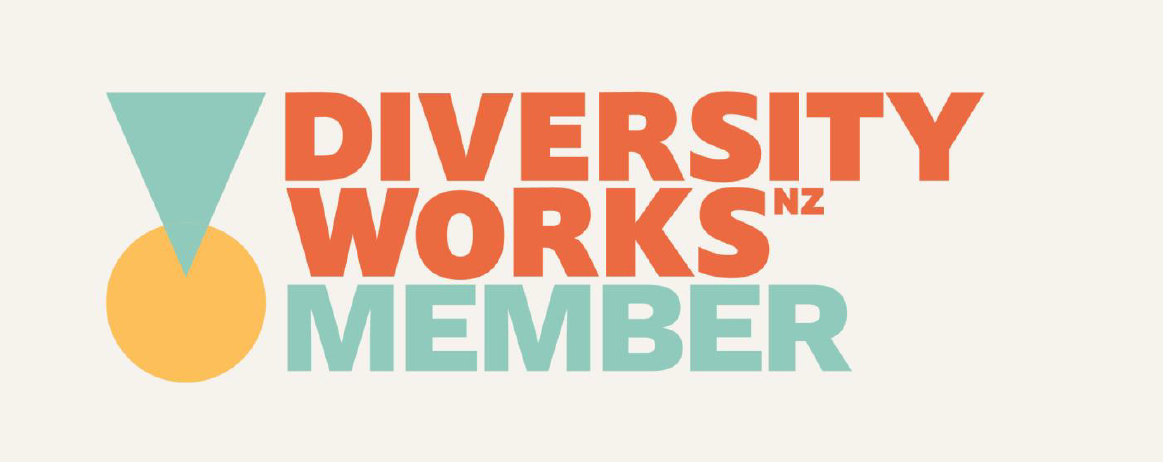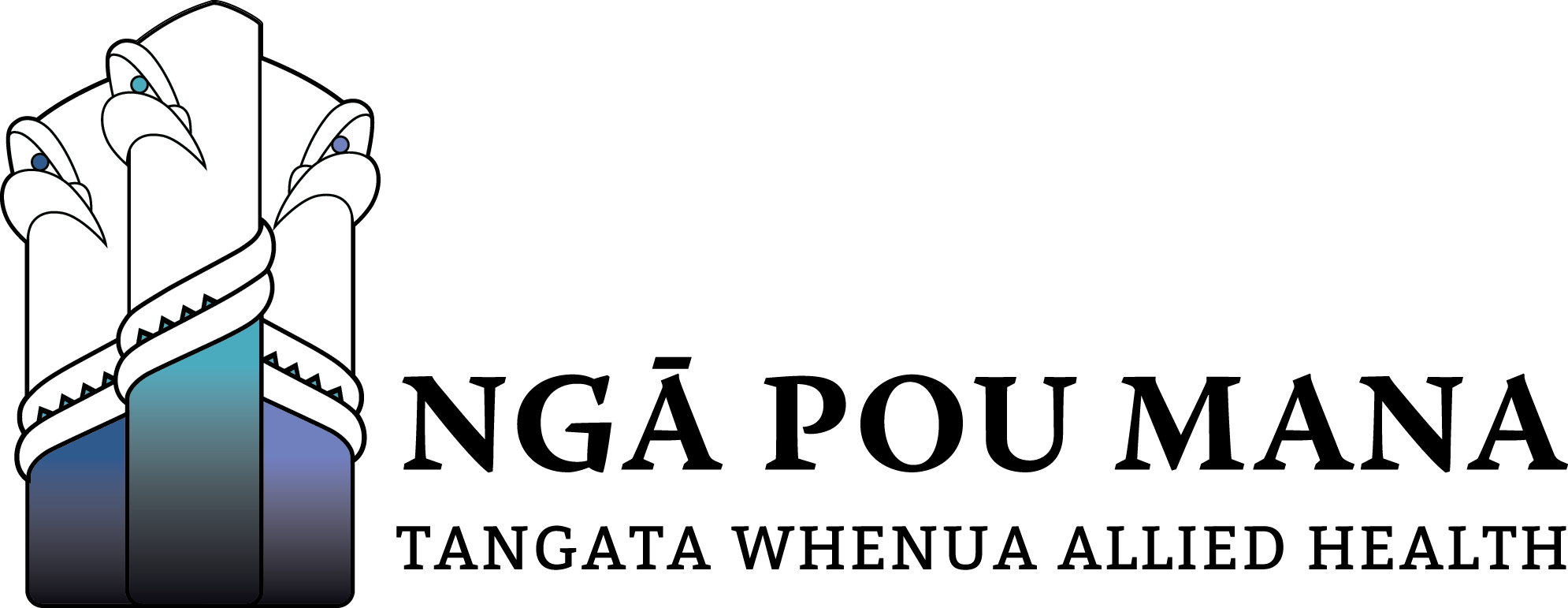Cancer treatments can be physically taxing and significantly impact normal movement and function. Your recovery and rehabilitation are influenced by where your cancer is, its size, spread, and your general health.
A core component of recovery is remaining active, so physiotherapy is an excellent tool to support people going through the difficulties of cancer treatment.
Physiotherapists bring their specialist knowledge of pathology, illness and movement to aid recovery by helping maintain normal activities and function.
The journey to rehabilitation
Advances in medicine mean cancer remission and recovery is more common than ever.
For many people, returning to work is part of their extended recovery. It often marks a turning point in resuming 'normal life' and supports social connection and productivity.
Other recovery goals could be returning to school, getting back to the gym or football pitch, or simply walking on the beach with a friend.
These goals require muscle strength, endurance, balance, and coordination. All these things are addressed as part of the rehabilitation process during treatment.
Exercise and movement improve bodily functions and support overall health, so it is vital to incorporate both into rehabilitation plans for people living with cancer.
The benefits of physical activity include, but are not limited to:
- Improved muscle mass and strength
- Increased immune response and function
- Decreased anxiety and depression
- Improved quality of life
Recovery is a team effort
Even at what feels like the most physically and mentally challenging point of treatment, you can begin rebuilding your strength and working towards your goals.
Physiotherapists, occupational therapists, speech therapists, dieticians and other health professionals work together to support your wellbeing and successful recovery.
By collaborating with other health professionals, physiotherapists can create an effective exercise and rehabilitation plan tailored to your physical abilities. This plan will help you improve mobility to regain independence.
Following discharge, rehabilitation programmes can be continued at home.
Overcoming challenges
Everyone faces different challenges in their recovery journey, but common barriers include:
- A patient or their whānau not properly informed on what to expect after discharge
- Experiencing ongoing side effects from cancer treatment (long and short term)
- Religious/cultural beliefs and practices
Having a rehabilitation team to provide support and guidance is crucial to the success of your recovery and remission1. Rehabilitation moves to a community-based program as the person becomes less fatigued and builds strength.
This can be the most exciting and rewarding part of the rehabilitation process, not only for the individual but for their friends, whānau and community.
With ongoing rehabilitation, it's essential to have a solid support network of loved ones and health professionals to help you along the way.
Building resilience, boosting recovery
Side effects of muscle weakness, loss of muscle mass, and fatigue can all be prevented or managed with simple and safe forms of exercise. These can be highly effective when started in the early stages of cancer diagnosis and treatment.
It is best to consult with your health professionals before starting any routine or exercise plan.
References
1. Selby et al. (2019). The Value and Future Developments of Multidisciplinary Team Cancer Care. ASCO Educational Book, Global Health. 39.


